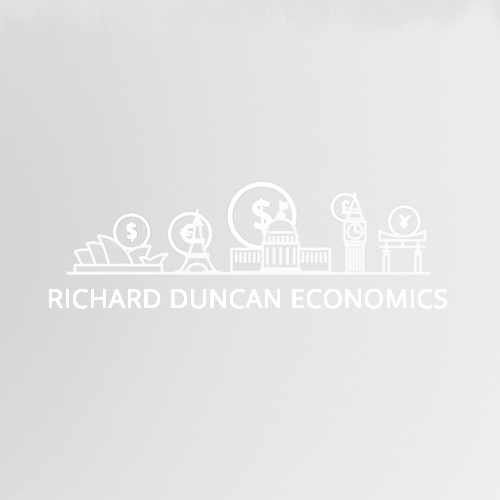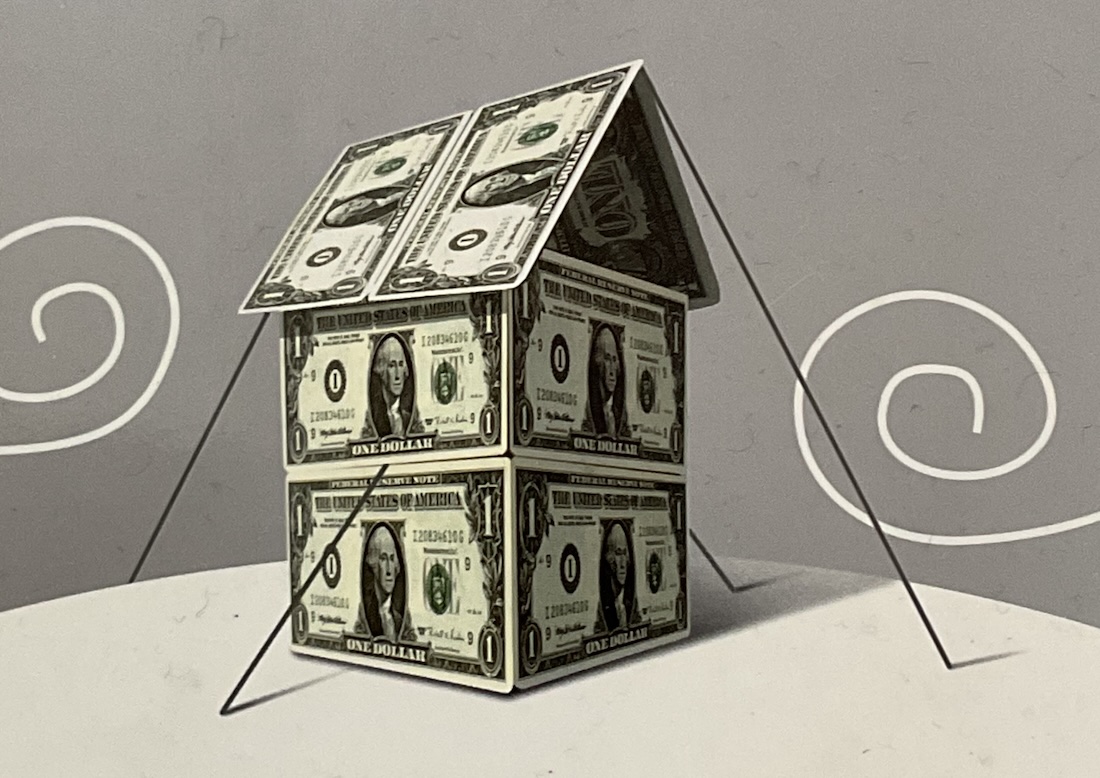FX Reserve Accumulation Is Quantitative Easin…
The accumulation of Foreign Exchange Reserves has a profound impact on global asset prices – just as Quantitative Easing does. That makes Foreign Exchange Reserves (which now amount to $12
Analyzing The Five Largest Central Banks
The latest Macro Watch video (uploaded today) analyzes the strategies and compares the balance sheets of the world’s five largest central banks: The People’s Bank of China, The Federal Reserve,
Bullard’s Call To Extend QE Halts Market Pa…
Yesterday morning, St Louis Fed President James Bullard stopped the stock market crash in its tracks. In a live interview on Bloomberg Television, he said: “…I think a reasonable response
Slowing Global Liquidity Points To Deflation …
The Fed is about to end its third round of Quantitative Easing, but the Bank of Japan is printing Yen faster than ever before and the European Central Bank intends
The Prospects For Asset Prices
Prepare for a stock market sell-off. A new Macro Watch video has been uploaded. In it, I discuss the outlook for stocks, bonds/interest rates, property, commodities and currencies. Topics include:
Why The Fed Will Launch Another Round Of Quan…
In November 2002, Fed Governor Ben Bernanke introduced the concept of Quantitative Easing to the world. In a speech entitled “Deflation: Making Sure It Doesn’t Happen Here”, he explained that
How Strong Is The US Economic Recovery?
A new Macro Watch video has been uploaded and is now ready to watch. Judging from most press reports, it would be easy to form the impression that the US
The Household Sector Balance Sheet Is Pointin…
A new Macro Watch video has been uploaded and is now ready to watch. In this video, we look at the Household Sector’s Balance Sheet and, in particular, at the
WATCH RICHARD DUNCAN’S SPEECH: How Capitali…
Capitalism died during the two World Wars. In this speech, I discuss the transformation of our economic system from Capitalism to Creditism during the Twentieth Century. I also describe what
Dissecting The Fed’s Balance Sheet
The third video for Macro Watch Third Quarter 2014 has been uploaded and is now ready to watch. In this video, we dissect the Fed’s balance sheet. On the asset


